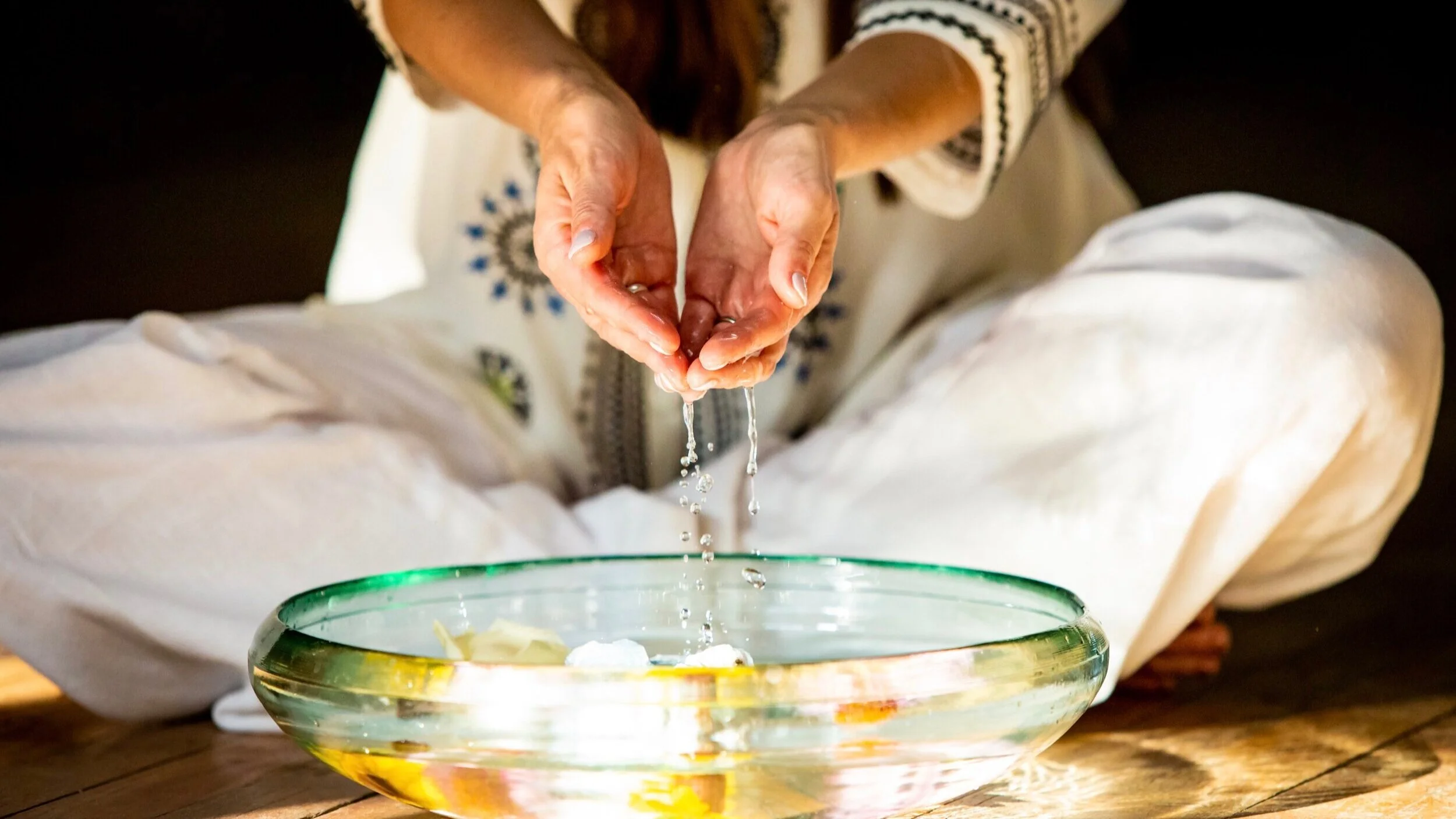FAQ’s
Do you support individuals choosing Medical Aid In Dying (MAID) or Voluntary Stopping Eating And Drinking (VSED)?
Yes, they are two different end-of-life choices, I have training and experience navigating both choices. MAID and VSED require a detailed conversation, meticulous planning, and specialized support.
Do you work with individuals who have been diagnosed with Dementia?
Yes, dementia can be challenging to navigate and understand. Even when there is confusion, there are skilled ways to communicate with your loved one. The most important place to begin is to establish trust with the individual. I have been amazed at the discoveries found when patience and intentional listening take place.
Do you support individuals with any diagnosis?
Yes, I have experience supporting individuals diagnosed with various terminal illnesses like cardiovascular disease, COPD, dementia, cancer, AIDS, brain tumors, and liver/kidney disease, to name a few. If I’m unfamiliar with a specific illness, I research the condition to support you properly.
Do you work with children and teens?
Yes, supporting families who face the unthinkable has a very different approach than supporting adults. Helping children, teens, and their family is where my work with dying people began. My heart holds a very tender space for families who struggle during this time, and my experience has allowed me a variety of ways to support such difficulty.
Do you work for Hospice?
No, but my care and hospice care often overlap. I count on hospice to provide medical care to individuals. When an individual's medical, practical, and physical needs are met, exploring the social, spiritual, and emotional realms is possible. I do not replace the care of other hospice staff but often find working alongside hospice staff provides the best possible care to individuals and families.
Will you stay during the night?
Yes, I will work with you to create a plan for all involved in your care. I have resources to call on if I cannot stay the night.
What if my loved one dies during the night?
Call me; I'll gather my things and come to support you and your loved ones; we will follow the end-of-life care plan we have created.
Do I have to be dying to work with you?
No, acknowledging and entering a conversation regarding your death while exploring the nuances of your Advance Care Directive and End-of-Life planning is essential. You will be better prepared for your death, and your loved ones will thank you for the direction. Intentionally planning and sharing your end-of-life care plan with your loved ones builds a solid foundation and readiness for when death arrives.
If I follow a particular religion, how will you work with me?
The journey to death and dying is non-denominational. Regardless of your practice, tradition, or belief, I will respect you with a tender, loving, and kind heart. It is an honor to learn about your personal beliefs while discovering how I can support you fully.
You seem spiritual; what if I'm an atheist?
My spirituality creates a strong and sturdy foundation for me. I enter a person's life without judgment or an agenda regarding personal beliefs. My responsibility is to support and listen to you; together, we create a supportive environment that increases comfort and peace that is unique and in alignment with your beliefs.
I've heard of people wanting post-death care for several hours to days after death. Do you do this?
Yes, in my experience, tending to the body and soul of a person for more than a few hours is an extraordinary, tender, and healing time. I am happy to enter a conversation with you and your family as there are many aspects to discuss regarding this style of care responsibly. I always respect what you choose at this time.
What if my support team is my friends and not my family?
We have many different definitions of family. I collaborate with and respect the folks that you choose to support you.
When the soul leaves the body, is it scary?
The best way I can describe this moment in time is sacred. Preparing for this day allows death to arrive with a certain kind of grace, even though turning toward our dying is hard work. We live in a culture that makes death something to be avoided at all costs, giving rise to unreasonable fear and misinformation. Thus, when death finally arrives, we don't know how to meet it. It is this lack of understanding which breeds fear and anxiety. When we begin to acknowledge our death, fear diminishes, and peace has room to enter.
Do you support people remotely?
I have experience supporting individuals and their loved ones who live in other states through video, phone, and email. If you prefer an in-person connection, I am open to traveling to you under unique circumstances.
